- All Flags
- Flags of Countries by Continent
-
Flags of Organizations
- Flags of UN countries
- Flags of the European Union countries
- Flags of NATO countries
- Flags of the countries of the Organization of Islamic Cooperation
- Flags of the countries of the Organization of American States
- Flags of the Arab League countries
- Flags of the African Union countries
- Flags of the countries of the Union of South American Nations
- Flags of the Commonwealth of Nations
- Flags of the countries of the Secretariat of the Pacific Community
- Flags of the Nordic Council countries
- Flags of the Caribbean Community
- Flags of the countries of the Association of Southeast Asian Nations
- Flags of the East African Community
- Flags of the countries of the Organization of Turkic States
- LGBT Community Flags
- Historical Flags
- Ethnic Flags
- Flags of the USA (states)
Cameroon Flag
The national flag of the Republic of Cameroon is a vibrant and deeply symbolic emblem that encapsulates the nation's journey from colonial division to a unified, independent state. Adopted on May 20, 1975, the flag represents the culmination of historical struggles, the rich cultural diversity of its people, and its aspirations for peace, unity, an..
Flag of Afghanistan (Islamic Republic of Afghanistan)
The national flag of Afghanistan, as it was officially recognized by the international community and flown by the legitimate government of the Islamic Republic of Afghanistan from 2004 until August 2021, is a profound symbol of the nation's complex history, its enduring struggles for independence, and its aspirations for a democratic, prosperous, a..
Flag of Albania
The flag of Albania is a striking and instantly recognizable national symbol, embodying centuries of struggle for independence, resilience against foreign domination, and the proud heritage of its people. Dominated by a bold red field featuring a black double-headed eagle, it's a testament to the nation's unique identity and its enduring spirit. Th..
Flag of Algeria
The national flag of Algeria is a powerful and resonant symbol, embodying the nation's arduous struggle for independence, its rich Arab-Berber heritage, and its deep-rooted Islamic identity. More than just a piece of cloth, it is a testament to the resilience, courage, and unwavering spirit of the Algerian people who fought for over a century again..
Flag of Azerbaijan
The national flag of Azerbaijan, a vibrant and deeply symbolic banner, serves as a powerful emblem of the nation's rich history, its cultural identity, and its aspirations for an independent and prosperous future. Known as the "Üçrəngli Bayraq" (The Tricolour Flag), it embodies a unique blend of Turkic heritage, Islamic faith, and a mod..
Flag of Bahrain
The national flag of the Kingdom of Bahrain is a powerful and iconic symbol, deeply rooted in the nation's history, its cultural identity, and its enduring connection to the Arab and Islamic worlds. More than just a colorful banner, the flag of Bahrain, with its distinctive serrated line separating red and white, tells a story of sovereignty, regio..
Flag of Bangladesh
The national flag of Bangladesh is a striking and poignant symbol that embodies the nation's struggle for independence, its vibrant spirit, and its deep connection to its land and people. Far more than just a piece of fabric, the flag, with its vivid green field and off-centred red disc, tells a powerful story of sacrifice, resilience, and the birt..
Flag of Benin
The national flag of Benin is a vibrant and historically rich symbol, encapsulating the nation's journey from colonial rule to independence, and its enduring aspirations for prosperity, democracy, and national unity. Originally adopted on November 16, 1959, before the country officially gained full sovereignty, and then re-adopted on August 1, 1990..
Flag of Brunei
The national flag of Brunei Darussalam is a striking and culturally rich symbol that embodies the sultanate's deeply rooted traditions, its unwavering commitment to Islam, and its enduring independence. More than just a piece of cloth, the flag, adopted in its current form on September 29, 1959, and officially raised upon full independence on Janua..
Flag of Burkina Faso
The national flag of Burkina Faso is a powerful and evocative symbol, deeply intertwined with the country's transformative history and its aspirations for freedom, justice, and development. Adopted on August 4, 1984, a year after the revolution that brought Thomas Sankara to power and renamed the country from Upper Volta to Burkina Faso (meaning "L..
Flag of Chad
The national flag of Chad is a beacon of its identity, a vibrant symbol reflecting the nation's diverse geography, its rich aspirations, and the historical journey towards self-determination. Adopted on November 6, 1959, while Chad was still an autonomous republic within the French Community, the flag's design remained unchanged upon achieving full..
Flag of Comoros
The national flag of the Union of the Comoros is a striking and deeply symbolic emblem that encapsulates the nation's rich history, its Islamic faith, its four main islands, and its aspirations for unity and prosperity. Adopted on January 7, 2002, this flag is the most recent in a series of designs that have evolved since the archipelago gained ind..
Flag of Djibouti
The national flag of Djibouti is a striking and meaningful symbol that encapsulates the nation's journey towards independence, its rich cultural tapestry, and its aspirations for unity and peace. Adopted on June 27, 1977, the day the country gained independence from France, the flag is a powerful visual representation of the Republic of Djibouti's ..
Flag of Egypt
The national flag of Egypt is a powerful and evocative symbol that embodies the nation's rich history, its revolutionary spirit, and its enduring aspirations for unity, freedom, and justice. Adopted on October 4, 1984, the current design reflects a culmination of centuries of cultural evolution and a modern reinterpretation of deep-rooted historica..
Flag of Gabon
The national flag of Gabon is a vibrant and deeply symbolic emblem, encapsulating the nation's rich natural environment, its geographical position, and its aspirations for a prosperous future. Adopted on August 9, 1960, just a week before Gabon gained full independence from France on August 17, 1960, it represents a crucial step in the country's jo..
Flag of Gambia
The national flag of The Gambia is a compelling tapestry of color and symbolism, reflecting the nation's geographical essence, its aspirations for peace and prosperity, and the unwavering commitment of its people to unity. Adopted on February 18, 1965, the day The Gambia gained independence from British rule, it stands as a unique and visually stri..
Flag of Guinea
The national flag of Guinea is a powerful and evocative symbol that embodies the nation's journey towards independence, its commitment to unity, and its aspirations for a prosperous and just society. Adopted on November 10, 1958, just weeks after Guinea overwhelmingly voted for independence from France and rejected membership in the French Communit..
Flag of Guinea-Bissau
The national flag of Guinea-Bissau is a vibrant and deeply symbolic emblem that embodies the nation's struggle for independence, its revolutionary ideals, and its aspirations for a prosperous and unified future. Adopted on September 24, 1973, the day Guinea-Bissau declared its independence from Portugal, the flag is a powerful visual narrative of a..
Flag of Guyana
The flag of Guyana, known as "The Golden Arrowhead," is a modern and dynamic national symbol that vividly reflects the nation's geography, wealth, and aspirations. Adopted in 1966 on the day the country gained its independence, it was designed by a renowned American vexillologist and has since served as a proud emblem of Guyana's sovereignty and un..
Flag of Indonesia
The national flag of Indonesia, known as "Sang Saka Merah Putih" (The Lofty Red and White), is a powerful and iconic symbol deeply ingrained in the nation's identity and history. Its simple yet profound design represents the enduring spirit of the Indonesian people, their long struggle for independence, and their hopes for a prosperous future. This..
Flag of Iran
The national flag of Iran is a deeply symbolic emblem that encapsulates the rich tapestry of the nation's ancient history, profound religious identity, and the revolutionary spirit that shaped its modern form. More than just a national identifier, it is a visual representation of the Islamic Republic of Iran's core principles, its struggles, and it..
Flag of Iraq
The national flag of Iraq is a powerful emblem, reflecting the nation's complex history, its Arab identity, and its aspirations. It's a symbol that has undergone several transformations, each reflecting significant political shifts and societal changes within the country. The current flag, adopted in 2008, retains the pan-Arab colors while incorpor..
Flag of Ivory Coast
The national flag of the Republic of Côte d'Ivoire, often referred to as the Ivorian flag, is a vibrant tricolor that stands as a proud emblem of the nation's independence, its deep connection to the land, its people, and its aspirations for a prosperous future. Adopted on December 3, 1959, just before the country gained full independence fro..
Flag of Jordan
The national flag of Jordan is a deeply significant symbol, representing the nation's rich history, its connection to the Great Arab Revolt, and its enduring aspirations for unity, freedom, and independence. It's a powerful visual narrative that tells the story of the Hashemite Kingdom of Jordan and its place within the broader Arab world. Adopted ..
Flag of Kazakhstan
The national flag of Kazakhstan is a powerful and visually striking symbol that encapsulates the rich history, cultural heritage, and aspirational future of this vast Central Asian nation. Adopted in 1992, shortly after gaining independence from the Soviet Union, the flag represents the sovereignty, unity, and unique identity of the Kazakh people. ..
















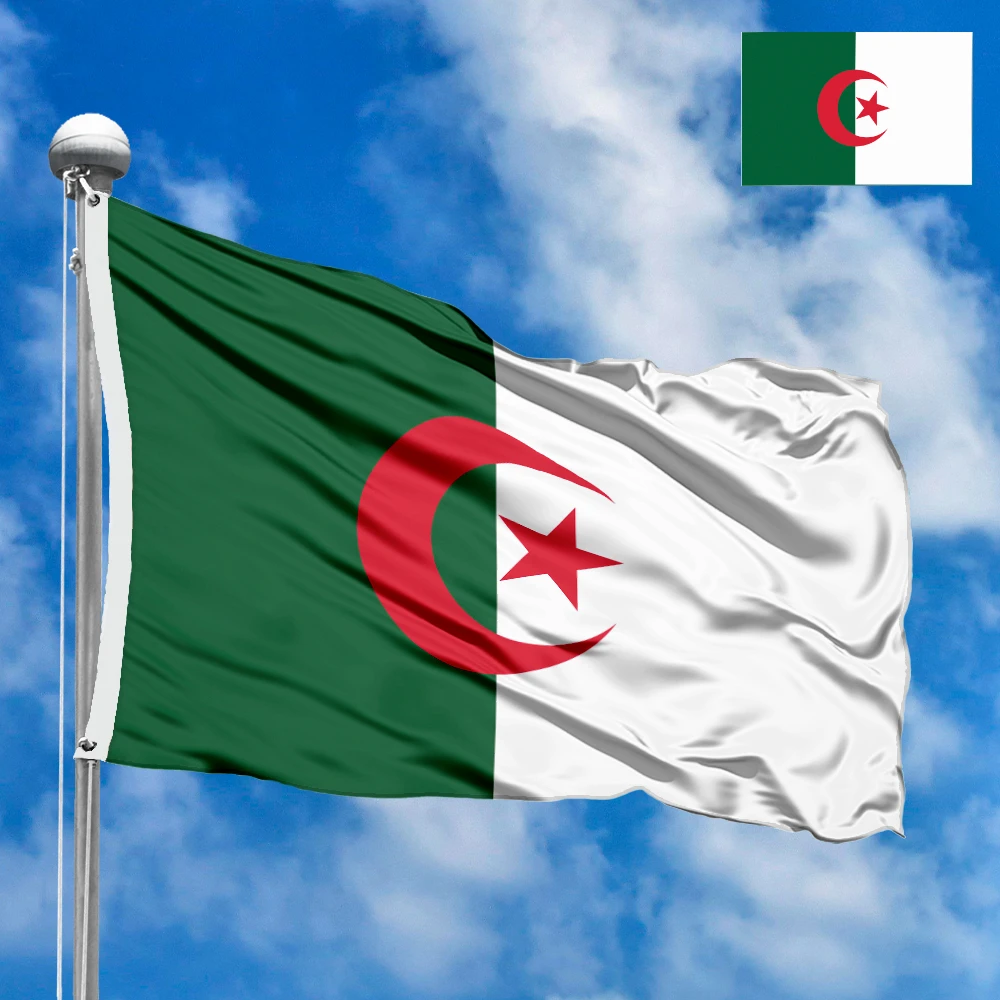











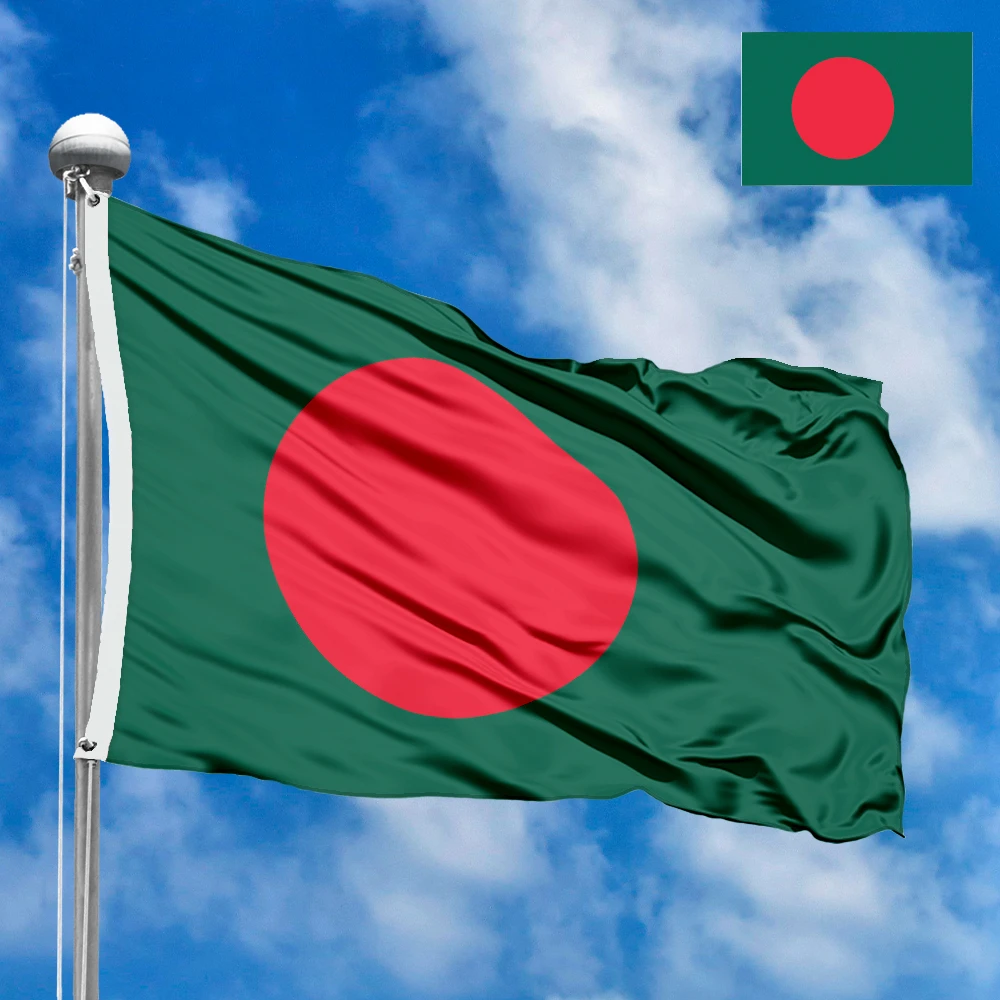







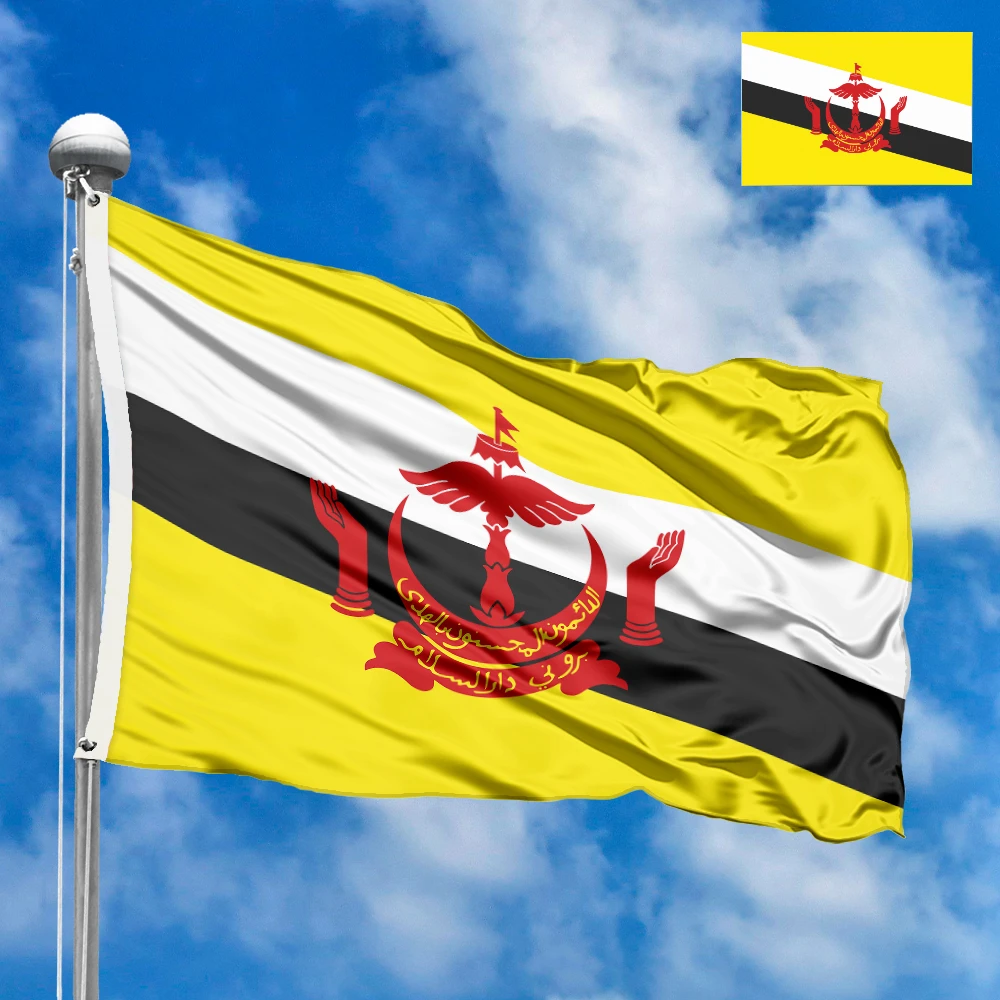















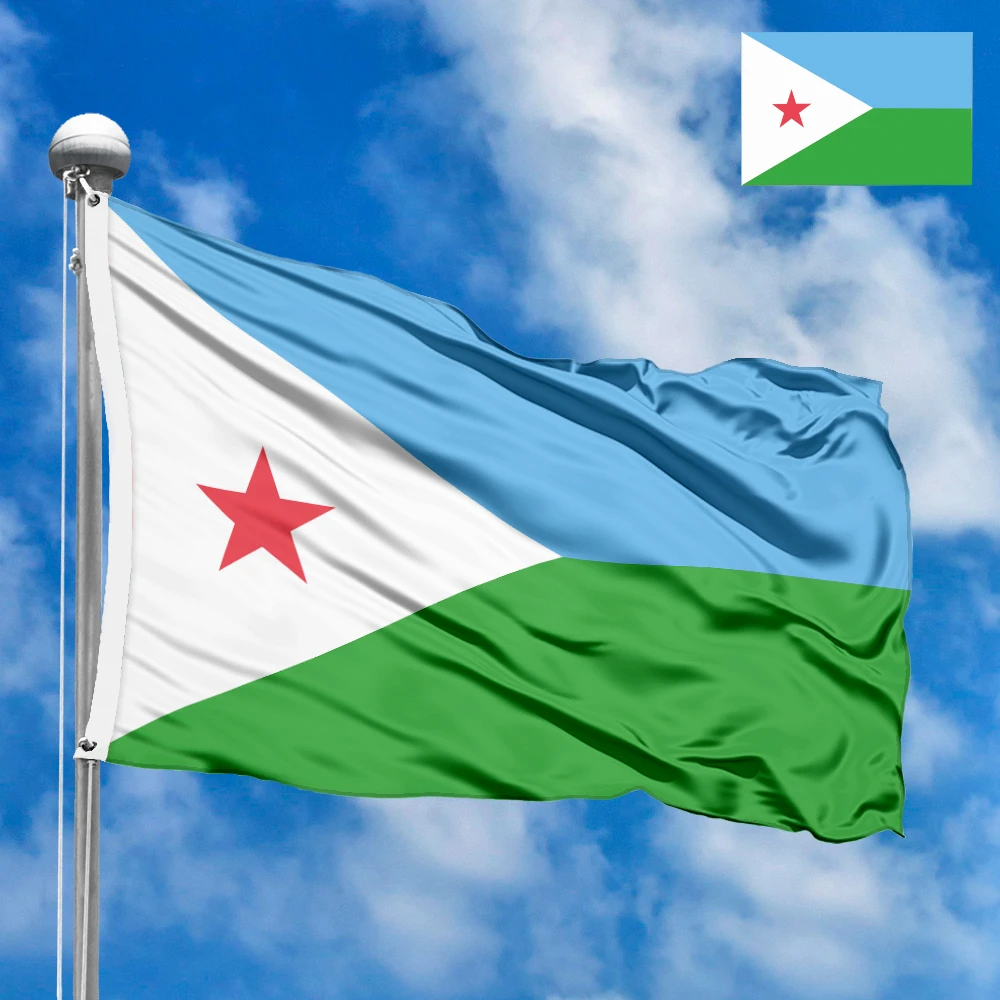



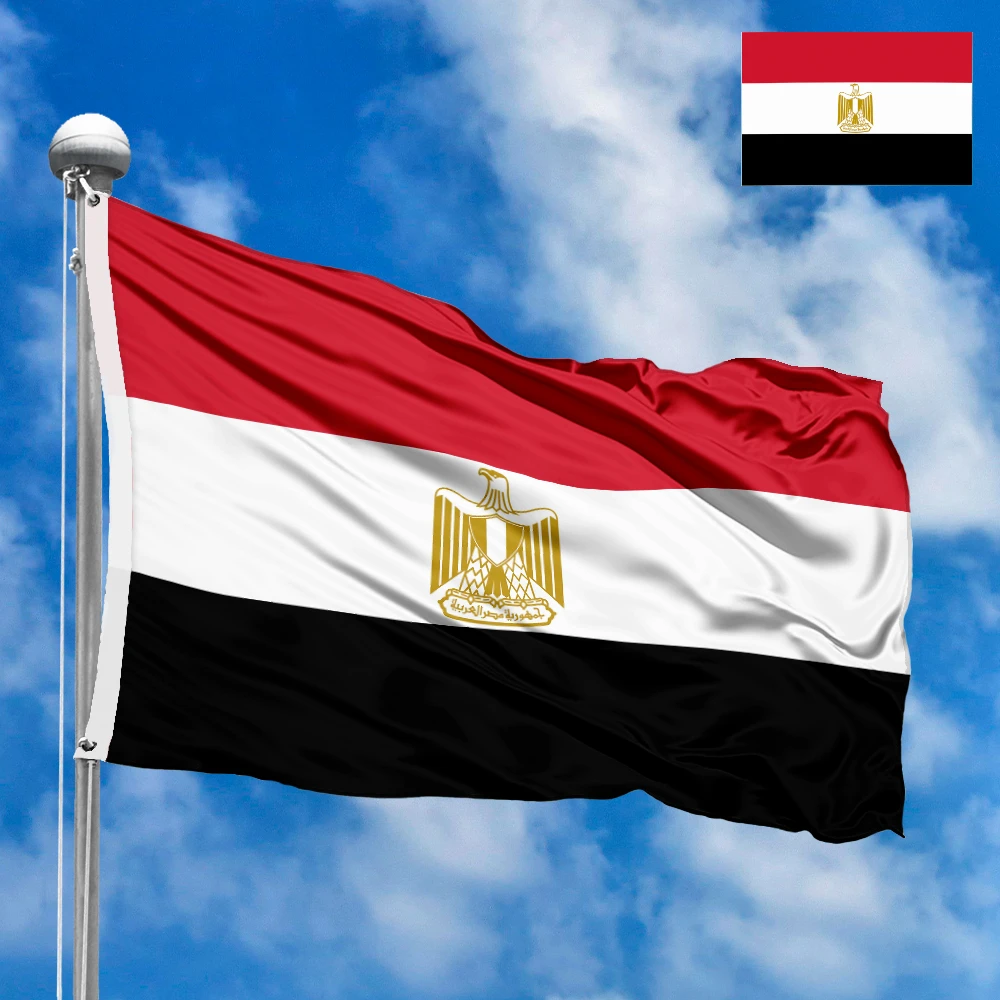







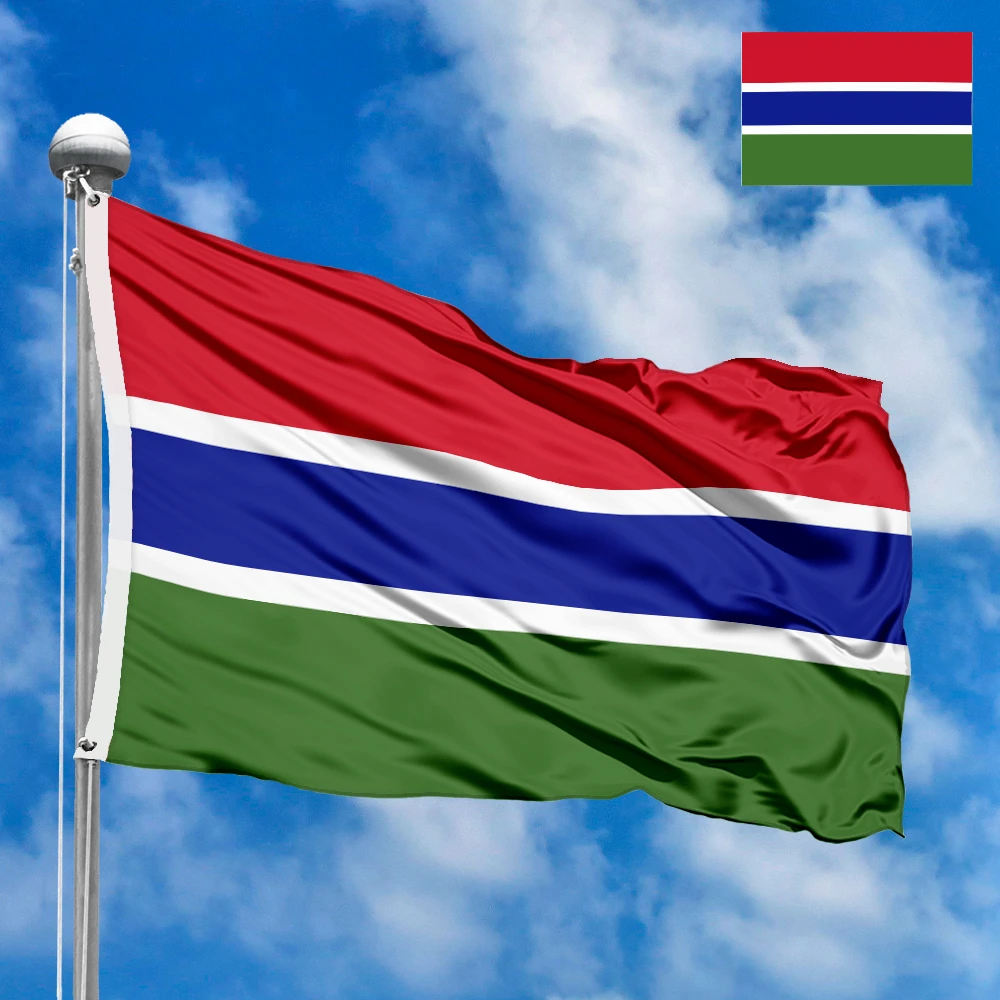















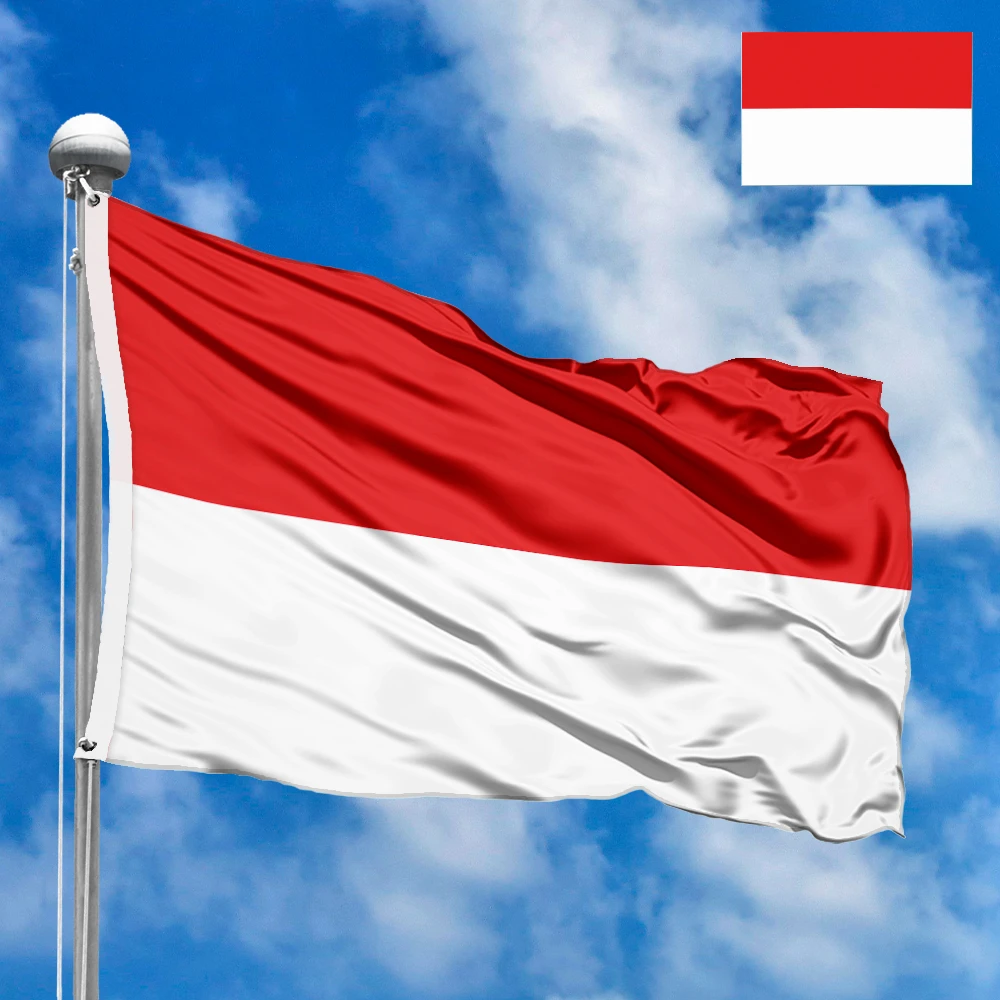















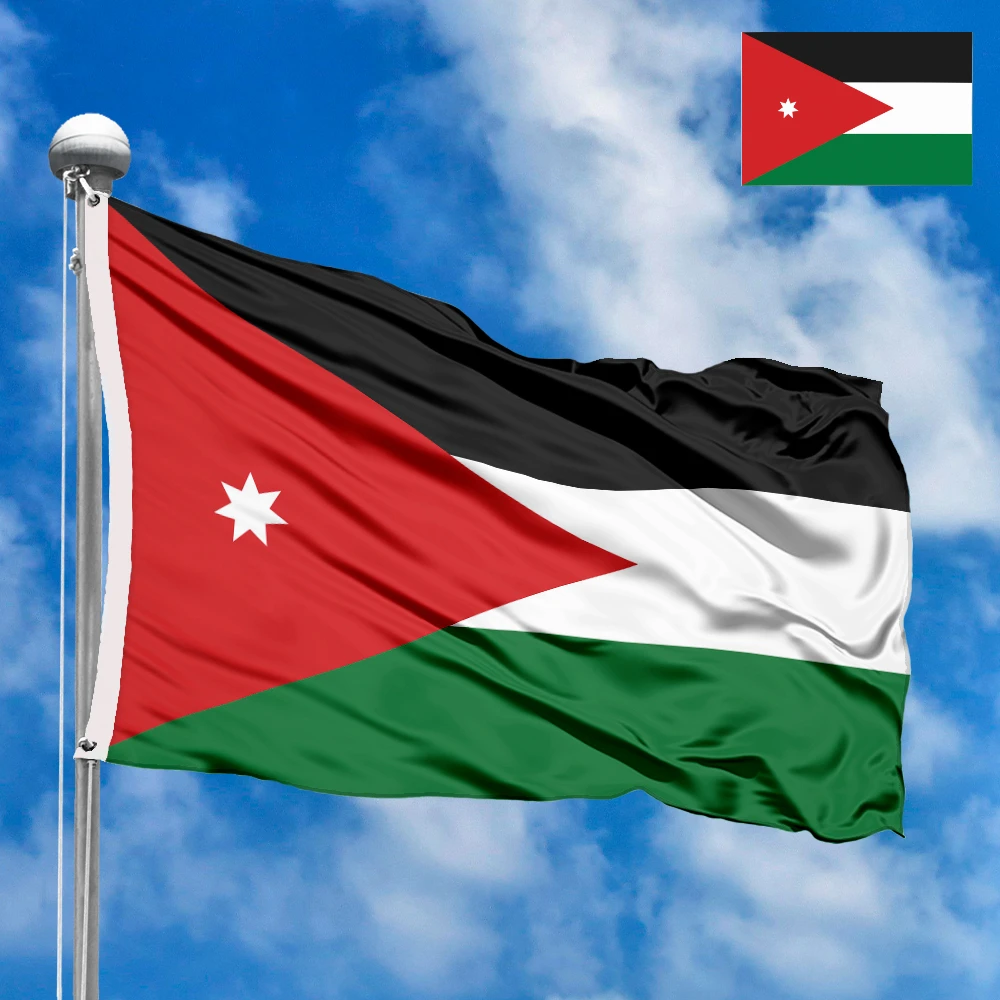



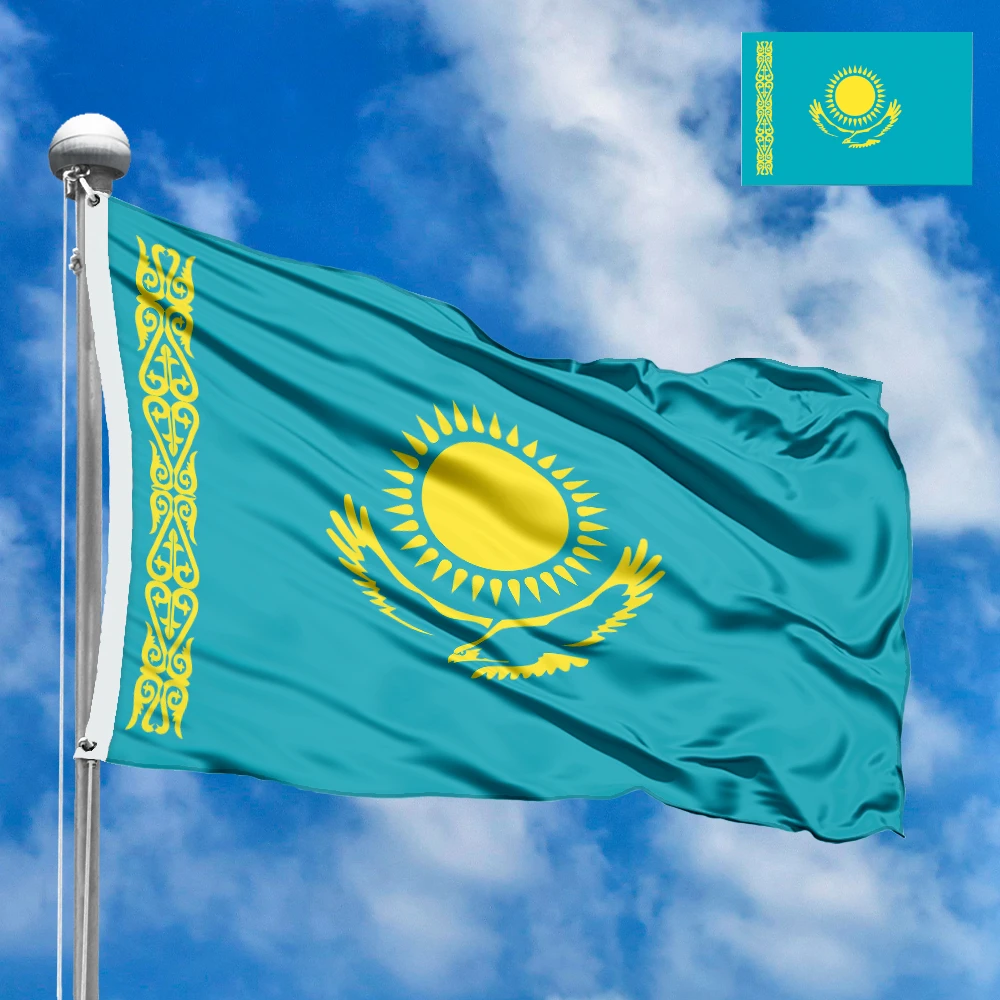
 Flags of Europe
Flags of Europe Flags of Asia
Flags of Asia Flags of Africa
Flags of Africa Flags of North America
Flags of North America Flags of South America
Flags of South America Flags of Australia and Oceania
Flags of Australia and Oceania Flags of Antarctica
Flags of Antarctica Flags of International Organizations
Flags of International Organizations LGBT Community Flags
LGBT Community Flags Historical Flags
Historical Flags Flags of the US States
Flags of the US States Ethnic flags
Ethnic flags